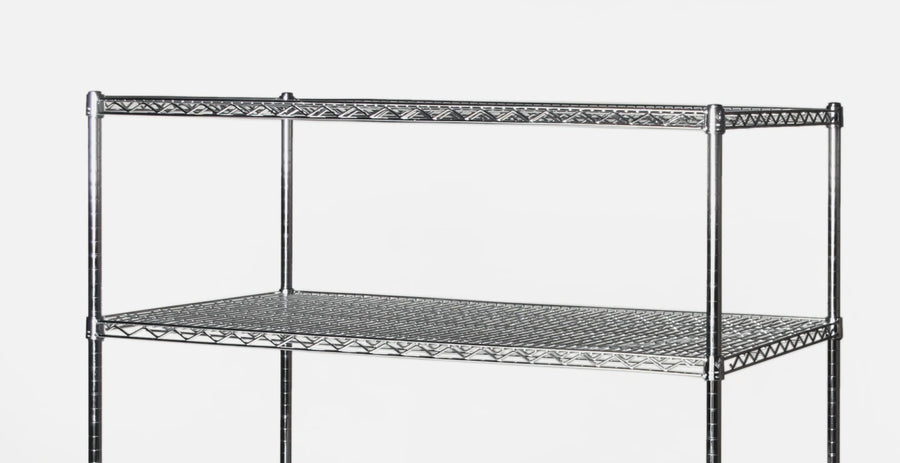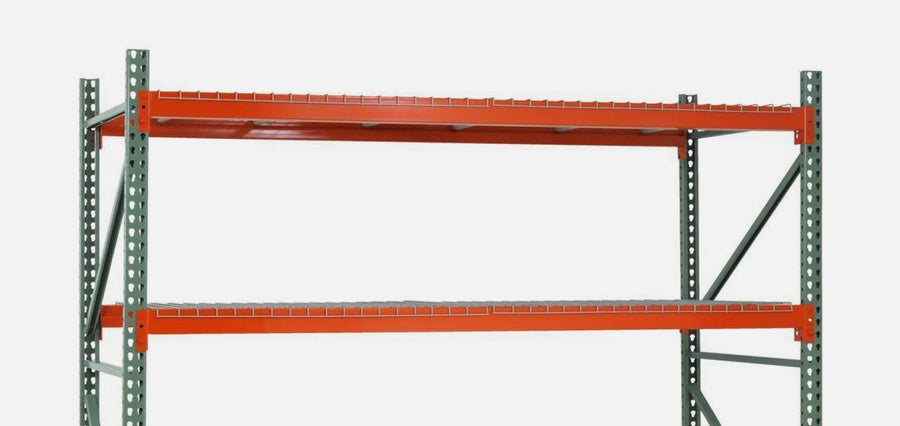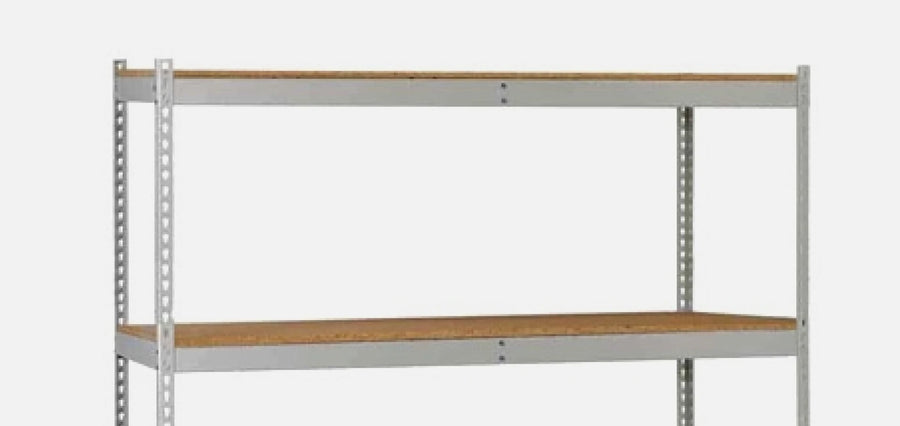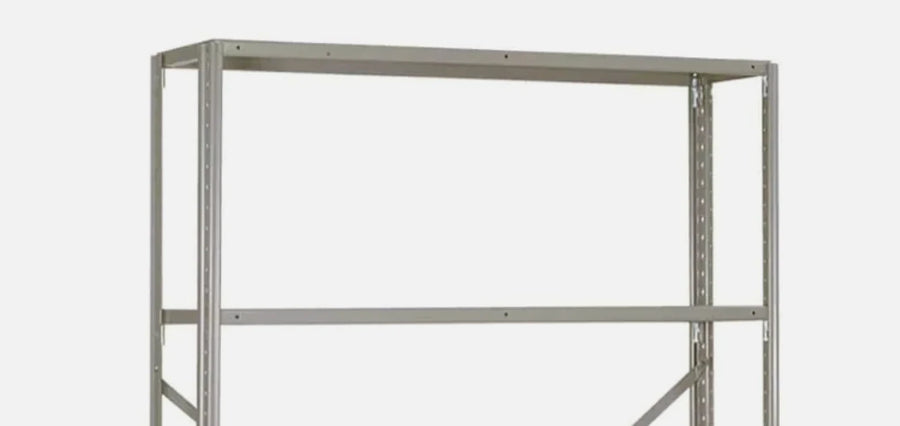Budgeting. No matter what industry you work in or what kind of warehouse you manage, the idea of yearly budgets is bound to creep up on you soon, if it hasn’t already. And while we here at Shelving.com are doing everything we can to help with this year’s budget with our Blow Out Your Budget sale, we also wanted to try and compile some tips to help you prepare for next year as well. While not all of these tips will help for every single company or every single budget, we feel like these strategies will come in pretty handy no matter what you do:
Your Budget Is Your Friend
Before you even get down to the nitty gritty, remember this: your budget is there to help. Even if you find yourself bumping up against it, the reason you have a budget is to make things as easy as possible for your business. Try not to consider it a burden, and it will make any of the decisions you have to make for your warehouse that much easier.
Determine Projected Sales or Revenue
The first step, once you get over your fear of budgets, is to try and determine your projected income. Whether it’s from direct-to-customer sales or invoices from your clients, sit down and try to figure out what you expect to make next year, even if you’re just projecting from how much you made this year. This is the best way to figure out how much you might have to work with, and is an important step this early on in the process.
Plan for Expected Costs
No matter what the year holds, there’s some things you know you’ll always have to pay. There’s payroll for the workers, there’s business taxes to the state or federal governments, there’s rent or mortgage on your warehouse property, so on and so forth. This is a good time to try and factor in planned maintenance and upkeep, as well - if you were planning on buying some new wire shelving for your facility, factor that in now to see if your budget has room, and how much room you have left afterwards.
Plan for UN-Expected Costs
Sounds a little...contradictory, but this is still a good plan to keep up on. After you plan for the expenses you know you’re going to have, it’s worth your time to try and set aside a certain limited amount for any emergencies that might come up above and beyond your budget to give yourself something of a cushion to work with just in case something unexpected should come up. Trust us - as soon as something critical breaks down, you’ll be glad you did.
Know Your Limits
Finally, this is a good one to keep an eye on in the long term. If you know your warehouse’s “breakeven point” - the point where you can cover all expenses without making a profit or losing any money - then you know exactly how far you can stretch your budget before you go too far over. This is always good to keep in mind to prevent any accidental overages, and will further help in planning for the future.
Good luck in the coming year, and remember - the budget is your friend!




















































